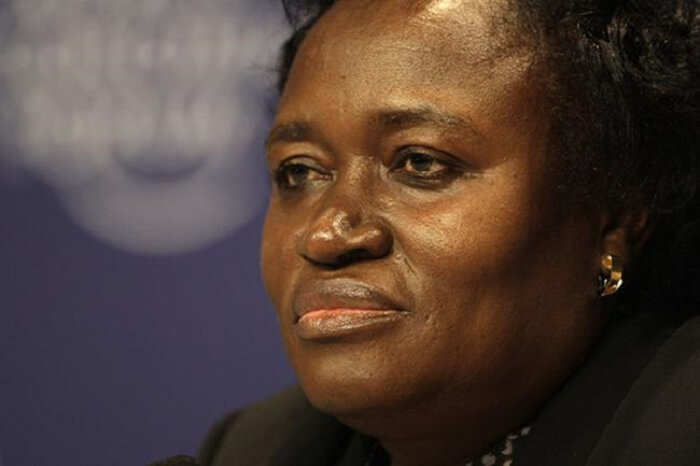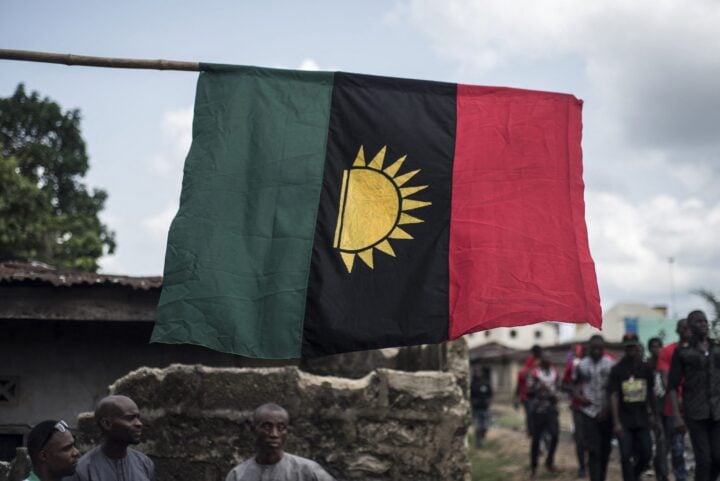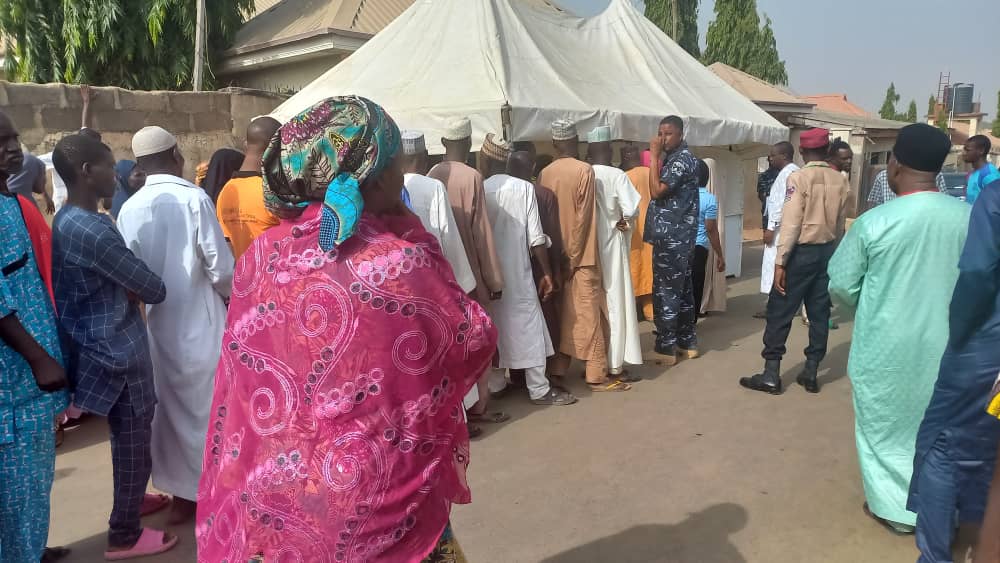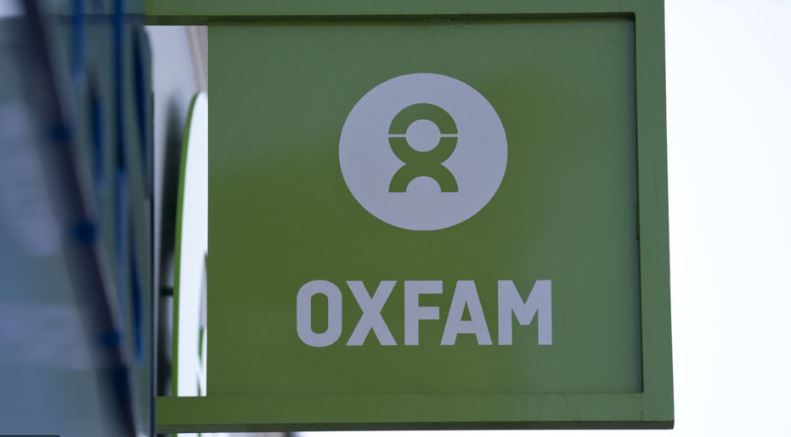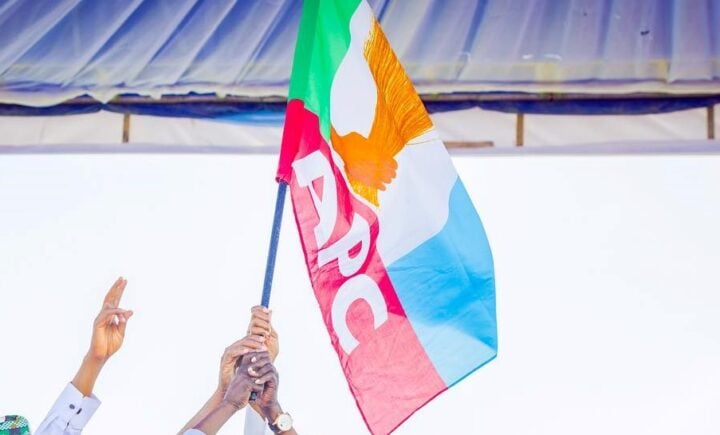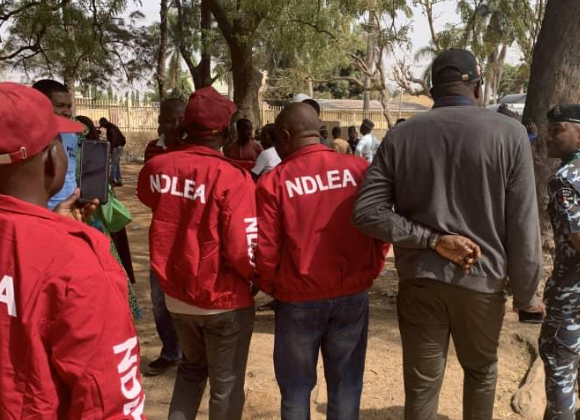Sarah Alade
The Civil Society Legislative Advocacy Centre (CISLAC) and the Committee to Protect Journalists (CPJ) have condemned the conviction of two Nigerian journalists — Gidado Yushau and Alfred Olufemi — on conspiracy and defamation charges.
The journalists were arrested and arraigned in 2019 over a publication published in News Digest in 2018.
The publication — titled “Inside a Kwara factory where Indian Hemp is legalised” — exposed activities at Hillcrest Agro-Allied company, which is linked to Sarah Alade (pictured), President Muhammadu Buhari’s economic adviser.
In a statement on Saturday, Auwal Musa, CISLAC executive director, said the magistrate court convicted Yushau and Olufemi of criminal conspiracy and defamation on February 7, despite the testimony of an ex-employee indicting the company and a lot of infractions by the police.
Advertisement
“CISLAC describes this as an inglorious attempt to muzzle the press and investigative journalism in Nigeria, which is unacceptable,” the statement reads.
“We also demand that an urgent step be taken to reform the country’s laws and ensure journalism is not criminalised like this. International human rights courts and UN bodies have repeatedly ruled against criminal sanctions for defamation.
“The country has a robust judicial system for determining civil suits and whoever is aggrieved by what others have written about them is always welcome to sue them for damages in a civil court. We implore the President, whose adviser is involved in this, to do our justice system the honour to champion the necessary reforms.”
Advertisement
Angela Quintal, Africa program coordinator for CPJ, said the conviction of the two journalists on conspiracy and defamation charges sends a chilling message to the Nigerian press and highlights the urgent need for authorities to reform the country’s laws and ensure journalism is not criminalised.
“Nigerian journalists Gidado Yushau and Alfred Olufemi should never have been charged, let alone convicted, for publishing an investigative report about a factory,” Quintal said.
“The telecom surveillance used to bring the journalists into custody, followed by a more than three-year-long trial, demonstrates the lengths Nigerian authorities will go to arrest and prosecute the press.”
Advertisement
Add a comment
